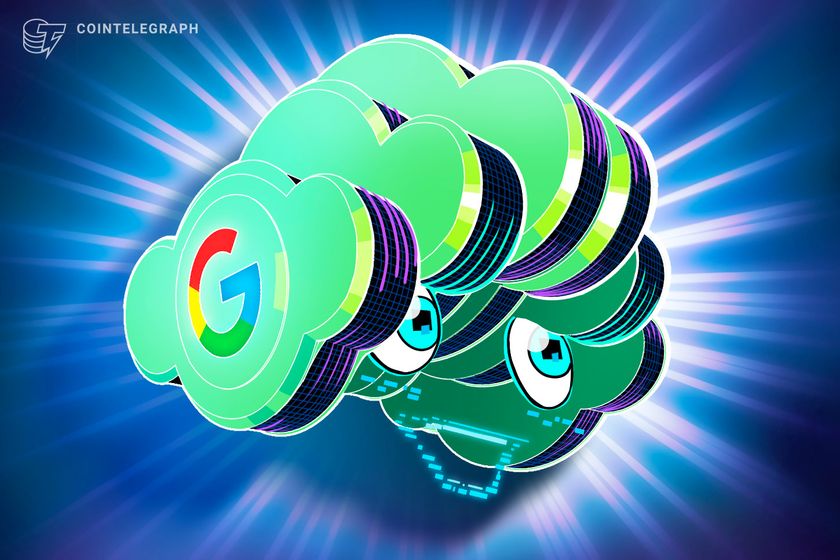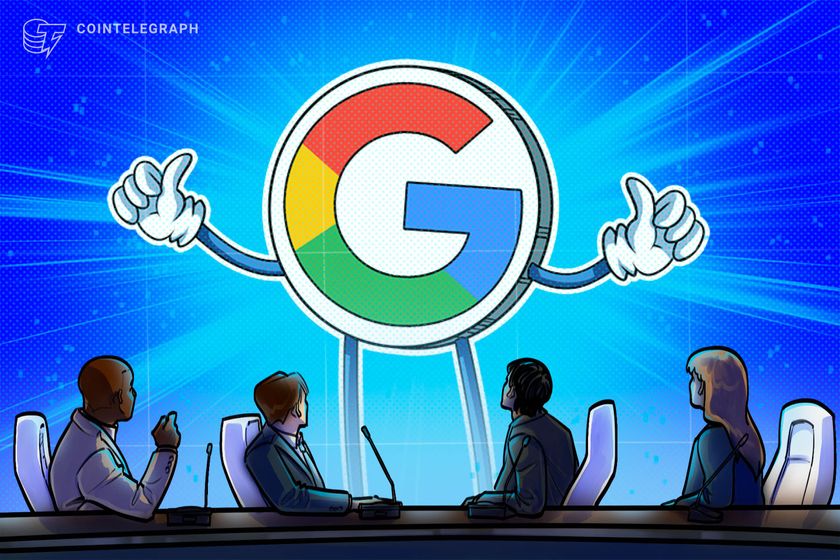Google slashes price of Gemini AI model, opens up to developers


Google parent company Alphabet said it was slashing prices for its pro version of AI model Gemini and plans to make its tools more accessible to developers to create their own versions.
Alphabet, the parent company of Google, announced on Dec. 13 that it plans to slash the cost of a version of its most advanced artificial intelligence (AI) model, Gemini, and make it more accessible to developers.
According to reports, the company said the price for the Pro model of Gemini has been cut by 25%–50% from what it was in June.
Gemini was introduced in three variations on Dec. 6, with its most sophisticated version being able to reason and understand information at a higher level than other Google technology, along with computing video and audio.















